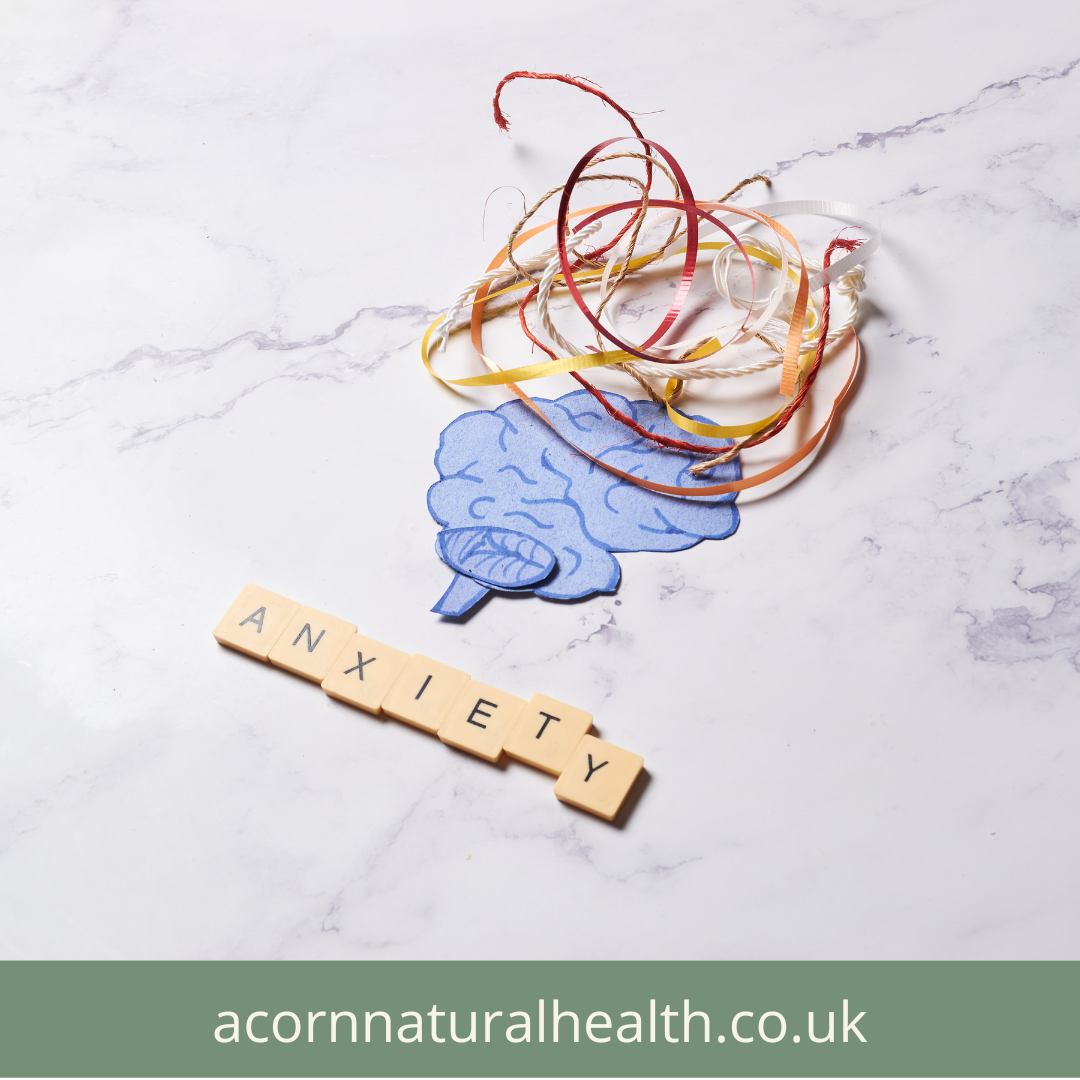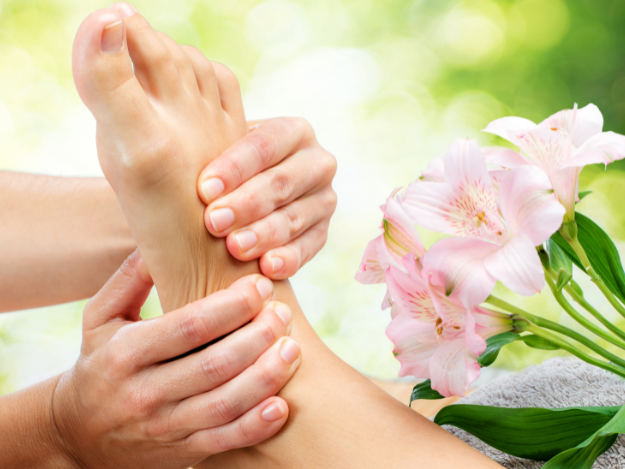Do you ever feel like your stomach is staging a rebellion against you? If you’re one of the many dealing with the discomfort of Irritable Bowel Syndrome (IBS), the answer is probably a resounding yes. But fear not – the power of hypnotherapy might just be the key to calming the storm in your belly.

Understanding the Gut-Brain Connection:
Believe it or not, your gut and brain are in constant communication. When stress or anxiety strikes, your digestive system can respond with a flare-up of IBS symptoms. Enter hypnotherapy, a mind-bending (literally!) technique that taps into the gut-brain connection, helping to ease IBS symptoms.
Backed by research:
Picture this: You, comfortably reclined, as a soothing voice guides your mind through a landscape of relaxation. It might sound like an odd prescription, but studies show that hypnotherapy significantly reduces IBS symptoms. A study published in the *American Journal of Gastroenterology* found that participants who underwent gut-focused hypnotherapy reported sustained improvement in symptoms compared to those relying solely on traditional treatments.
Tips to Tame the Tummy Turmoil:
1. **Mindful Munching:** Slow down and savor your meals. Chew thoroughly, and give your gut the chance to process without feeling rushed.
2. **Breathe Away the Bloat:** Deep belly breathing isn’t just for yogis. It’s a simple but effective way to calm your nervous system and reduce IBS-related stress.
3. **Hypno-Healing:** Consider hypnotherapy as part of your toolkit for managing IBS symptoms. Find a certified hypnotherapist trained & experienced in IBS techniques for best results.
Hypnotherapy: Not Just Hocus Pocus:
While the idea of using hypnotherapy for gut issues might sound a bit whimsical, the scientific evidence speaks for itself. It’s not about swinging pendulums or making you cluck like a chicken; it’s about empowering your mind to positively influence your gut health. So, if your stomach is tired of being the unruly class clown, maybe it’s time to introduce it to the calming magic of hypnotherapy. Because when your gut feels good, the rest of you can’t help but join the party!




